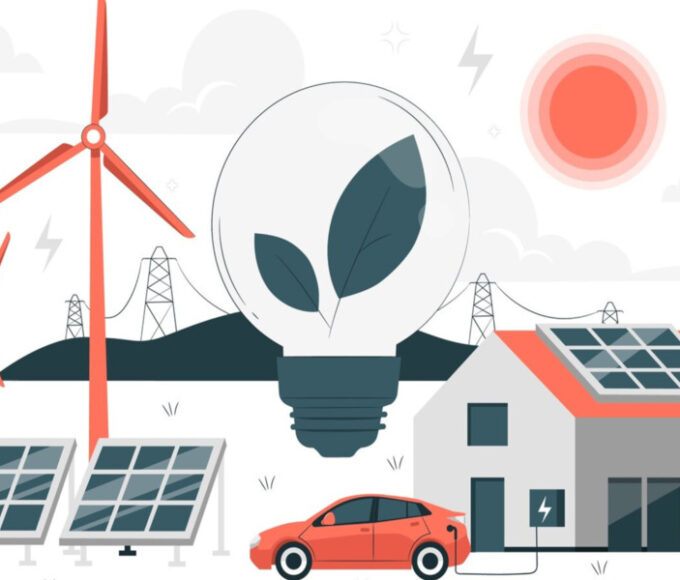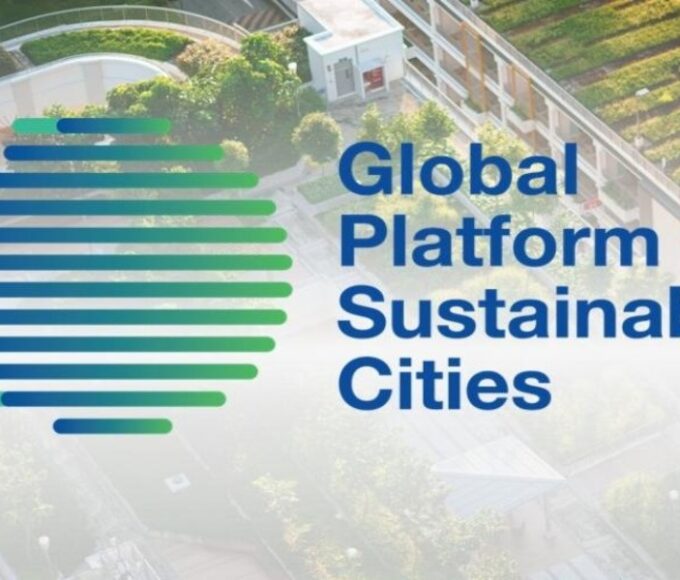Brussels Faces Pressure to Scale Back Green Agenda Amid U.S. Deregulation

Brussels is facing increasing pressure to reassess its ambitious green agenda as the U.S. embarks on a path of deregulation that could potentially undermine the European Union’s efforts to combat climate change. The growing divergence between European environmental policies and U.S. deregulation measures is creating tension, as European leaders must navigate a shifting global landscape where climate change mitigation efforts may be affected by policy changes in key economies.
1. The Divergence in Environmental Policies
The European Union has long been a global leader in advancing climate change policies, with Brussels championing initiatives such as the European Green Deal, which aims to make Europe the first climate-neutral continent by 2050. These policies have included aggressive measures to reduce carbon emissions, promote renewable energy, and increase energy efficiency across member states.
In contrast, the United States has seen significant policy shifts in recent years, particularly under the previous administration, which focused on deregulation and rolling back environmental protections. This trend is now being compounded by potential moves to loosen restrictions on industries such as oil and gas, coal, and automotive manufacturing. These changes in the U.S. could pose a challenge to Brussels as it seeks to maintain global leadership on environmental issues while navigating an increasingly competitive global market.
2. The Pressure on Brussels’ Green Agenda
The global economic landscape is changing, and European policymakers are feeling the strain of maintaining the EU’s green ambitions in the face of U.S. deregulation. As countries like the U.S. focus on reducing regulatory burdens to spur economic growth, there is growing concern in Brussels about the competitiveness of European industries. Critics argue that strict environmental regulations in the EU may place European companies at a disadvantage compared to their American counterparts, who may face fewer restrictions and lower operational costs due to deregulation.
The growing tension between these policy approaches has led to calls from business leaders and some EU member states for a reevaluation of the EU’s climate goals. Some argue that a more balanced approach is needed—one that prioritizes environmental sustainability but also considers economic competitiveness and the global market dynamics.
3. Economic and Trade Implications
The potential economic fallout from the U.S.’s deregulation policies and their impact on European industries cannot be ignored. In particular, industries that are heavily regulated under the EU’s green agenda, such as energy, automotive, and manufacturing, could face higher operational costs compared to U.S.-based competitors. This could lead to job losses, reduced investment, and slower economic growth in Europe.
The trade implications are also significant. U.S. deregulation could make American products more competitive on the global stage, potentially eroding Europe’s market share in industries like clean technology, automotive manufacturing, and renewable energy. With both the EU and the U.S. vying for global dominance in clean energy and other green sectors, the competition is expected to intensify, making it more challenging for the EU to retain its leadership role.
4. The Need for Strategic Alignment
As pressure mounts for Brussels to reassess its green agenda, European leaders will need to consider how to balance environmental goals with economic realities. Finding a middle ground that ensures environmental sustainability while fostering competitiveness will be crucial in the coming years.
European officials may need to explore new avenues for cooperation with the U.S. and other global partners to align climate policies in a way that minimizes trade disruptions. Diplomatic efforts and international agreements, such as the Paris Agreement, could serve as a foundation for harmonizing climate goals across borders, helping to create a level playing field for industries on both sides of the Atlantic.
5. Conclusion: A Crossroads for EU Environmental Policy
The pressure on Brussels to scale back its green agenda amid U.S. deregulation reflects the growing complexities of managing climate policy in an interconnected global economy. As both the U.S. and the EU navigate the challenges of balancing economic growth with environmental responsibility, it will be critical for European policymakers to reassess their strategy and consider how to maintain Europe’s green leadership without compromising its economic interests.
In the coming years, the EU’s ability to adapt its policies in response to shifting global dynamics—while maintaining its commitment to sustainability—will determine the future of its green agenda and its role on the world stage.
Visit Latest Interviews
Recent Posts
Related Articles
Why You Should Think About Your Domain Extension Before You Think About The Name?
Think of your domain extension like a surname—it wraps up your web...
ByGlobal Leaders ViewAugust 19, 2025Germany’s ‘Energiewende’ Initiative: A Vision for a Sustainable Future
Germany’s ambitious energy transition, known as the Energiewende, aims to shift the...
ByGlobal Leaders ViewJanuary 27, 2025Global Platform on Sustainable Cities Established
In a groundbreaking move toward addressing the challenges of urbanization and climate...
ByGlobal Leaders ViewJanuary 27, 2025Singapore’s Green Urbanism Initiatives
Singapore, known for its modern skyline and bustling urban environment, is also...
ByGlobal Leaders ViewJanuary 27, 2025















Leave a comment